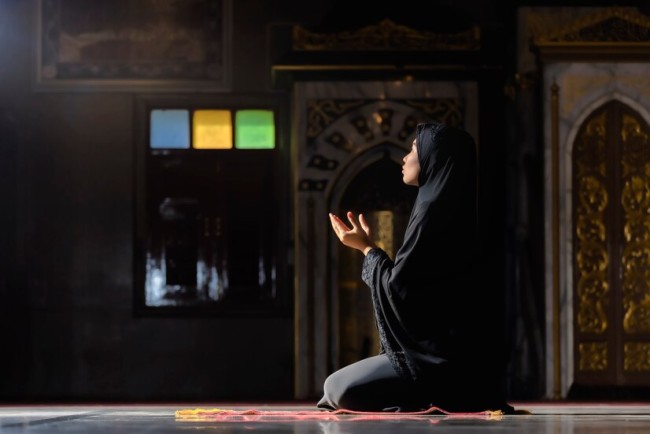Ramadan is a special time for Muslims, occurring in the ninth month of the Islamic lunar calendar.
It’s significant because Muslims believe it’s when the Holy Quran was revealed to Prophet Muhammad.
During Ramadan, Muslims worship more by praying, giving to charity, and fasting from sunrise to sundown, which means not eating or drinking during daylight hours.
It’s a challenging month, but it’s spiritually fulfilling. In Islam, there’s wisdom even about health. Fasting during Ramadan might benefit not only the soul but also the body, as per a study.
However, some people, especially those with chronic health conditions or who regularly take certain medications, should be cautious.
Fasting could be unsafe for them, or they may need to adjust their medication schedules. If you’re on long-term medication, you can still observe Ramadan meaningfully without risking your health.
Do not attempt to change your medications by yourself, for both medical and spiritual reasons.
Firstly, it’s really important not to change your prescription medicines by yourself. If you can’t talk to a doctor before Ramadan starts, it’s better to keep taking your medicines on time instead of fasting.
This matches what religion teaches us too. If fasting might hurt you, it’s not allowed. This includes not taking your medicine or changing how much you take, which could make an illness worse or cause more symptoms.
Your body and mind should be taken care of. Being a Muslim means making sure your health comes first. There’s a saying from the Prophet that says, “Your body deserves care.”
Dr. Mona Masood, a psychiatrist from Philadelphia, says fasting shouldn’t be hard. If a doctor says not to fast because of your medicines, it’s your religious duty to listen to them.
Islam is about being balanced and not doing things that could harm you in the name of faith.
The Prophet Muhammad said, “Following religion should be easy, and if it’s not, you’re doing it wrong.” So, don’t do extreme things that could hurt you just to show your faith.
Consult a healthcare provider to explore possible changes to your medication routine.
Dr. Rahman from Florida advises people on prescription meds to talk to their doctor before fasting.
Tell your doctor when and how long you’ll fast so they can adjust your meds. Dr. Nasir suggests a health check before Ramadan for those fasting.
Discuss any changes with your doctor. If meds last long, your doctor may change when you take them.
Ramadan education helps manage medication changes. Some meds need adjustments to prevent health issues. For complex meds, ask your doctor for personalized advice.
There are meaningful ways to worship spiritually that involve postponing or abstaining from fasting.
If you have temporary conditions like pregnancy or illness during Ramadan, you can fast later. You can do this when days are shorter, like in winter, before the next Ramadan.
If you can’t fast due to age or chronic illness, you can still gain rewards by feeding others.
Islam values intentions. Even if you can’t fast, intending to do good earns rewards. Remember, Ramadan isn’t just about fasting.
You can worship in many ways like reading Quran, charity, prayer, and listening to lectures. The goal is to connect with Allah safely and healthily.

